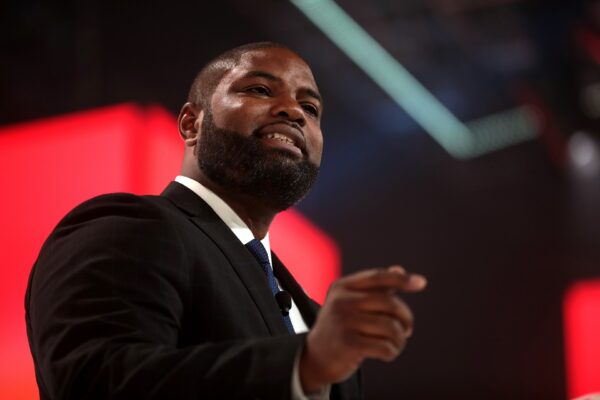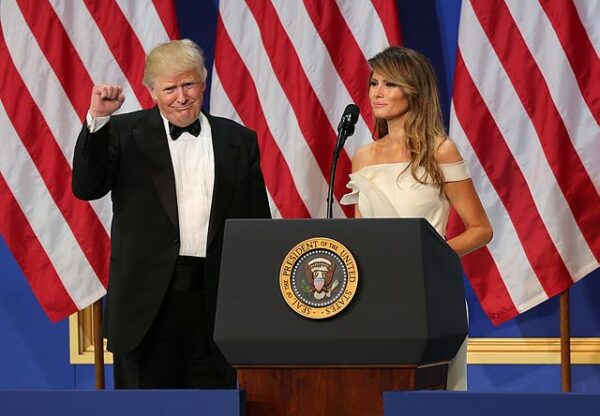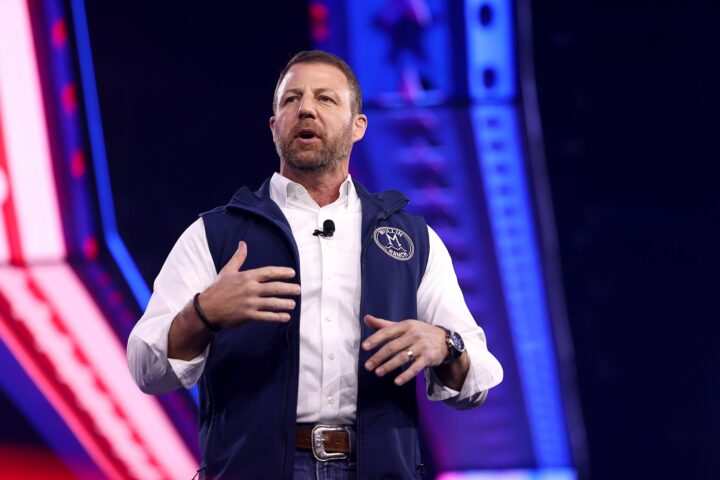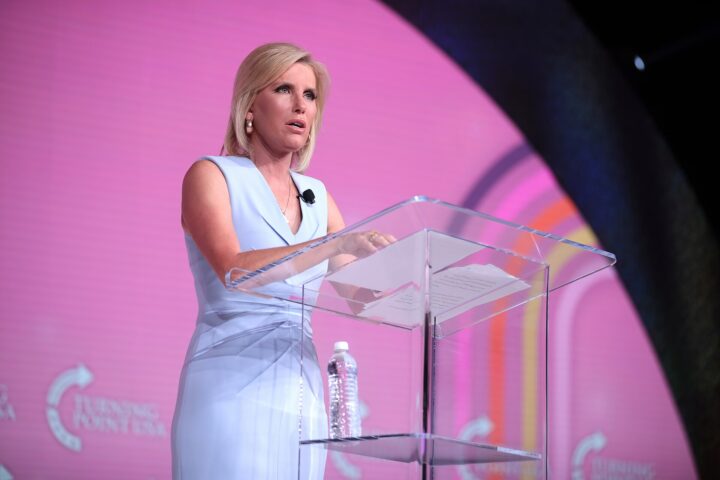Representative Byron Donalds of Florida reportedly offered a detailed account Thursday of how President Donald J. Trump navigated internal party dynamics to secure the passage of the sweeping “One Big Beautiful Bill,” a signature legislative package combining tax cuts, defense and immigration funding, and deep cuts to social programs.
Speaking on Fox News’s The Story with Martha MacCallum, Mr. Donalds cast Trump as a hands-on leader whose business mindset and persuasive tactics—both reward and pressure—were decisive in rallying hesitant Republicans.
“If he has to use the stick, he’ll use it. If he has to use carrots, he’ll do that too,” Mr. Donalds said, recounting how Trump personally intervened to corral support.
The bill cleared the House on Thursday by a narrow margin, with only two Republicans—Representatives Thomas Massie of Kentucky and Brian Fitzpatrick of Pennsylvania—joining Democrats in opposing it.
The Senate had previously passed a similar version that made room for negotiations over tax code tweaks, energy incentives, and budget cuts. A tie-breaking vote from Vice President J.D. Vance in the Senate underscored the fragile balance of support.
According to Mr. Donalds, Trump’s direct involvement—meeting with rank-and-file members, reiterating campaign promises, and applying his trademark pressure—was pivotal.
“A lot of colleagues saw yesterday was President Trump leading the Republican conference to make sure that we delivered,” Mr. Donalds said, framing the bill as the culmination of campaign pledges upheld by forceful coordination.
The legislation extends the 2017 tax cuts and introduces new deductions for tips and overtime, while allocating approximately $170 billion to bolster immigration enforcement and border defenses.
Yet its most controversial elements involve Medicaid and nutrition-proof reductions projected to shrink social support for millions, as outlined by the Congressional Budget Office.
Mr. Donalds and other Trump allies portrayed the legislation as a principled reorientation of federal priorities—an effort to stimulate the economy and reinforce national sovereignty.
But critics warn that the bill’s sweeping cuts could both undermine the safety net and saddle future generations with deficit burdens exceeding $3 trillion.
Some Republicans, particularly fiscal conservatives, voiced concern about the long-term fiscal implications and the speed of the legislative process.
As the bill heads to President Trump’s desk for a signing ceremony before the July 4 recess, its passage marks a rare—and polarizing—legislative achievement of his second term.
Reflecting on the drama, Mr. Donalds described the effort as a strategic blend of allegiance and pressure—a show of strength from a president still wielding considerable influence over his party’s agenda and direction.
With 2026 fast approaching, the measure will test both its economic ambitions and the political cohesion of a party more tightly bound to Trump’s playbook than ever before—using both blunt force and calculated carrot to seal the deal.
[READ MORE: NYPD Department Chief Praises Trump For Help Fighting Migrant Crime]








